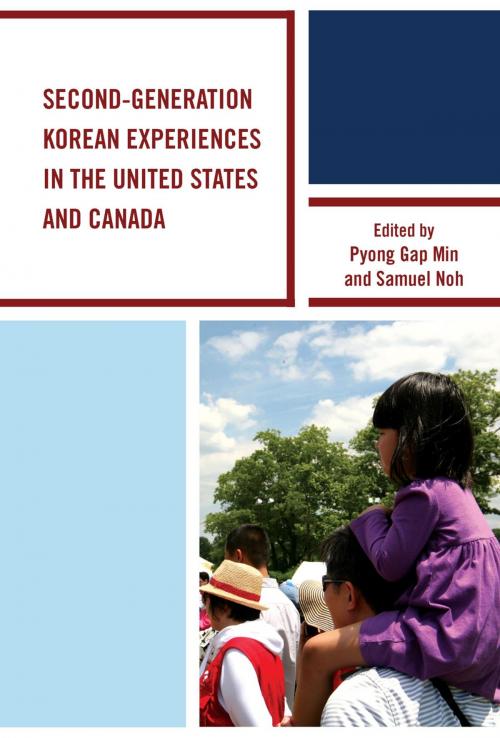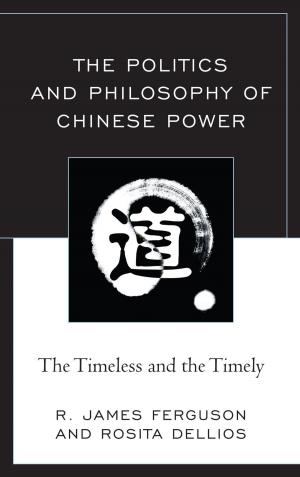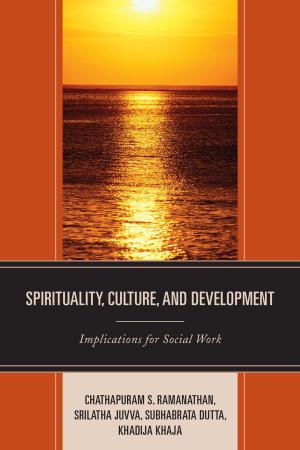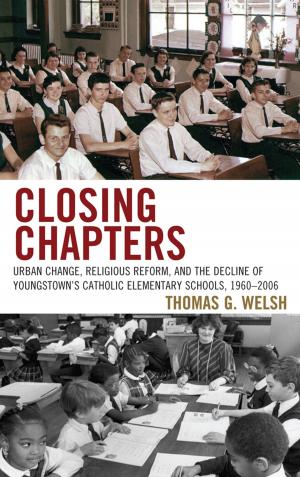Second-Generation Korean Experiences in the United States and Canada
Nonfiction, Social & Cultural Studies, Social Science, Cultural Studies, Minority Studies, Emigration & Immigration, Ethnic Studies| Author: | Neha Ahmed, Angie Y. Chung, Miliann Kang, Trivina Kang, ChangHwan Kim, Chigon Kim, Dae Young Kim, Il-Ho Kim, Nadia Y. Kim, Deborah Kim-Lu, Christine J. Oh, Sookhee Oh, Jerry Z. Park, Minjung Ryu | ISBN: | 9781498503631 |
| Publisher: | Lexington Books | Publication: | October 29, 2014 |
| Imprint: | Lexington Books | Language: | English |
| Author: | Neha Ahmed, Angie Y. Chung, Miliann Kang, Trivina Kang, ChangHwan Kim, Chigon Kim, Dae Young Kim, Il-Ho Kim, Nadia Y. Kim, Deborah Kim-Lu, Christine J. Oh, Sookhee Oh, Jerry Z. Park, Minjung Ryu |
| ISBN: | 9781498503631 |
| Publisher: | Lexington Books |
| Publication: | October 29, 2014 |
| Imprint: | Lexington Books |
| Language: | English |
Second-Generation Korean Experiences in the United States and Canada, Pyong Gap Min and Samuel Noh have compiled a comprehensive examination of 1.5- and second-generation Korean experiences in the United States and Canada. As the chapters demonstrate, comparing younger-generation Koreans with first-generation immigrants highlights generational changes in many areas of life. The contributors discuss socioeconomic attainments, self-employment rates and business patterns, marital patterns, participation in electoral politics, ethnic insularity among Korean Protestants, the relationship between perceived discrimination and mental health, the role of ethnic identity as stress moderator, and responses to racial marginalization. Using both quantitative and qualitative data sources, this collection is unique in its examination of several different aspects of second-generation Korean experiences in the United States and Canada. An indispensable source for those scholars and students researching Korean Americans or Korean Canadians, the volume provides insight for students and scholars of minorities, migration, ethnicity and race, and identity formation.
Second-Generation Korean Experiences in the United States and Canada, Pyong Gap Min and Samuel Noh have compiled a comprehensive examination of 1.5- and second-generation Korean experiences in the United States and Canada. As the chapters demonstrate, comparing younger-generation Koreans with first-generation immigrants highlights generational changes in many areas of life. The contributors discuss socioeconomic attainments, self-employment rates and business patterns, marital patterns, participation in electoral politics, ethnic insularity among Korean Protestants, the relationship between perceived discrimination and mental health, the role of ethnic identity as stress moderator, and responses to racial marginalization. Using both quantitative and qualitative data sources, this collection is unique in its examination of several different aspects of second-generation Korean experiences in the United States and Canada. An indispensable source for those scholars and students researching Korean Americans or Korean Canadians, the volume provides insight for students and scholars of minorities, migration, ethnicity and race, and identity formation.















